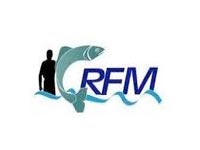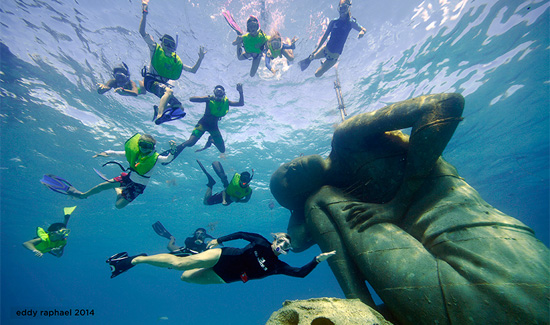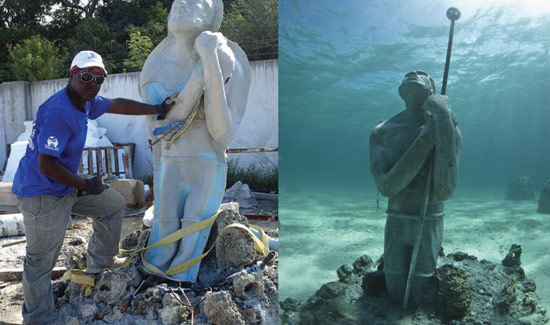 BELIZE CITY, BELIZE – Global warming and sea level rise, fishing pressure and other human activities are among the major challenges facing the region’s fisheries sector today, as it grapples with decreasing fish catch and other threats to the livelihoods of the many people who depend on the small scale fisheries for economic survival.
BELIZE CITY, BELIZE – Global warming and sea level rise, fishing pressure and other human activities are among the major challenges facing the region’s fisheries sector today, as it grapples with decreasing fish catch and other threats to the livelihoods of the many people who depend on the small scale fisheries for economic survival.
Fisheries professionals must, therefore, be properly equipped to cope with the new reality, and key players, such as heads of the national fisheries authorities, must build their capacity to provide leadership in the process of transforming the fisheries sector.
It is towards this end that the Caribbean Regional Fisheries Mechanism (CRFM), the United Nations University –Fisheries Training Programme (UNU-FTP), the University of Akuyreri, Iceland (UA), and the University of Belize (UB), through funding provided by the Government of Iceland, are convening an Advanced Leadership Training Workshop for senior fisheries officers from 17 CRFM participating member states.
The event takes place from Monday, April 8 to Friday, April 12, 2013 at Palm Haven Hotel, Rodney Bay, Gros Islet, Castries, St. Lucia.
Minister of Agriculture, Food Production, Fisheries and Rural Development Moses Jn Baptiste will deliver the feature address. Deputy Programme of the United Nations University Fisheries Training Programme Thor H. Ásgeirsson and CRFM Secretariat Executive Director Milton Haughton will also deliver remarks.
In speaking of the upcoming training, Haughton notes that, “It is clear that in the Caribbean today we do not have the critical mass of leaders needed to achieve our long-term developmental objectives in respect of fisheries and marine resource governance.”
He said that fisheries and aquaculture are complex and dynamic systems that require creative, innovative and systematic application of scientific knowledge, experience and new mental models to modernize and realize the full potential of the sector.
“Achieving sustainable development and prosperity in our countries depend, to a great degree, on the extent to which we recognize the central role of our people in the development process,” the CRFM Executive Director added. “Our future in the Caribbean lies in our ability to develop and use the knowledge, mental capacity, and skills of our people to make the most of our limited resources and negotiate our way in an increasingly complex and competitive global economic environment.”
“Our future in the Caribbean lies in our ability to develop and use the knowledge, mental capacity, and skills of our people to make the most of our limited resources and negotiate our way in an increasingly complex and competitive global economic environment.”
Haughton explained that the CRFM’s objective in next week’s regional training workshop in St. Lucia is to ensure that senior fisheries officials from across the region develop new core leadership knowledge and skills, and where appropriate, renew and update their existing expertise, to provide transformational leadership in their departments and the fisheries sector under their portfolio.
“Participants will, therefore, be taught the skills and endowed with confidence to lead their organisations through a process of change, personal growth and self-direction towards greater excellence and performance well beyond present levels,” he concluded.
This training workshop is the second of its kind, and aims to build further on the outcome of the first workshop by providing leadership training to senior level fisheries officials in the CRFM States.



